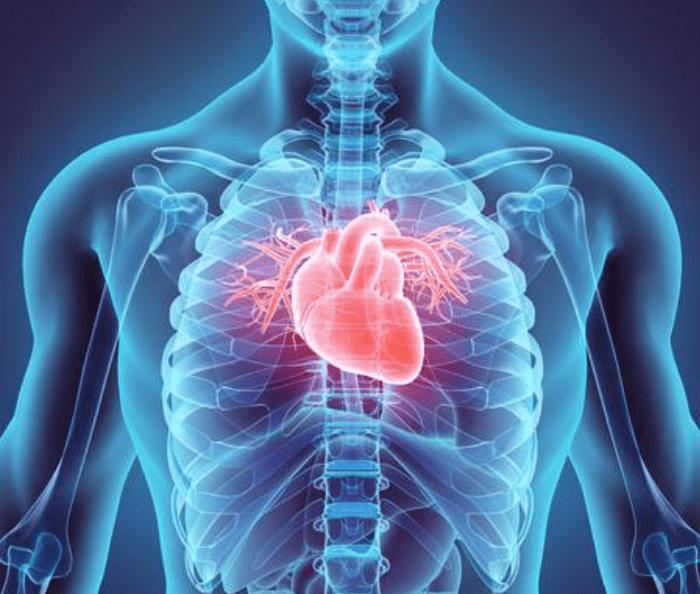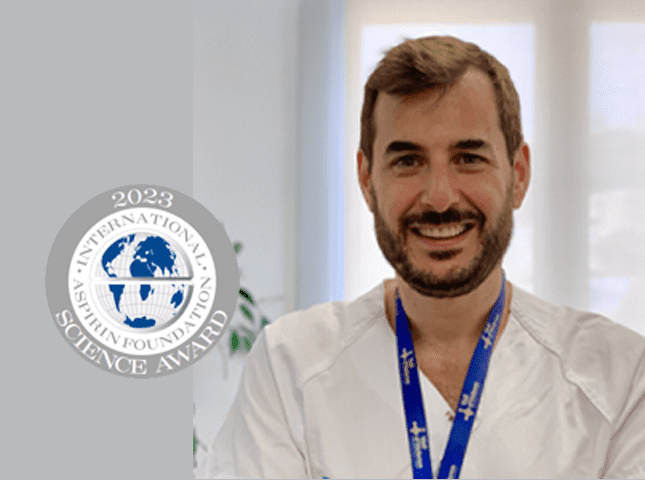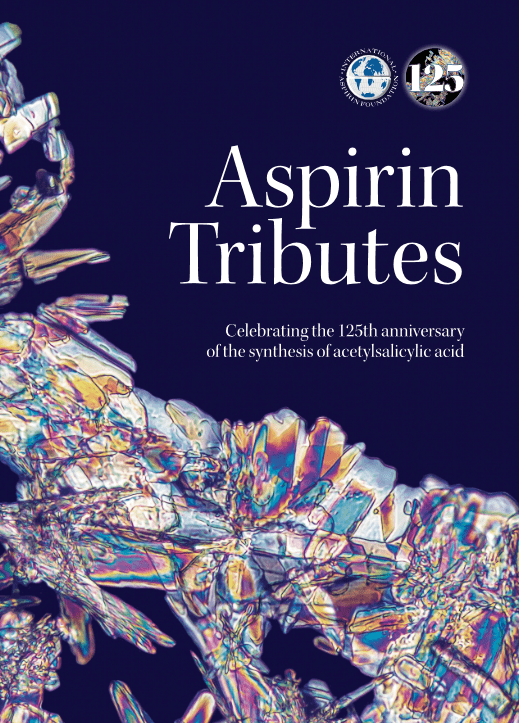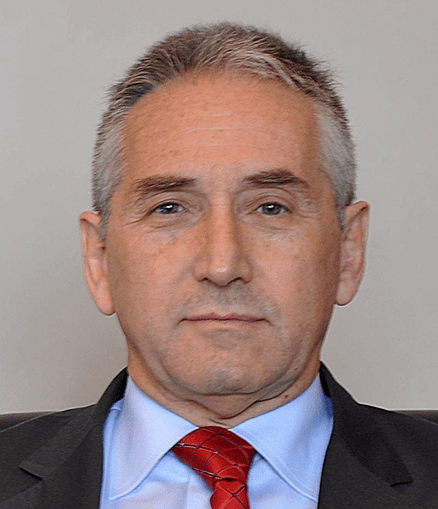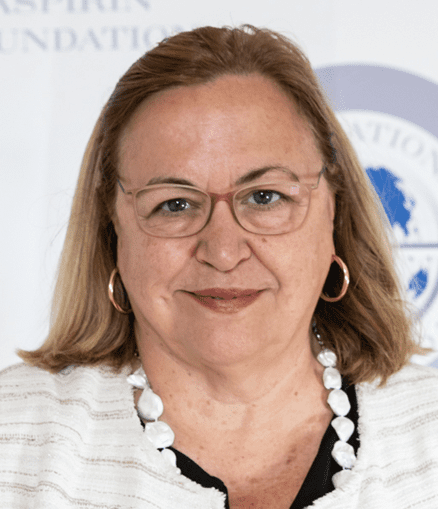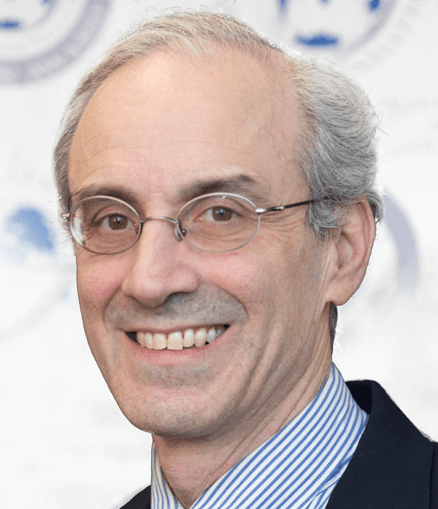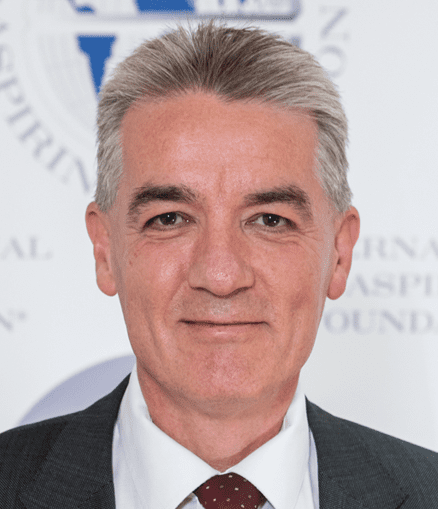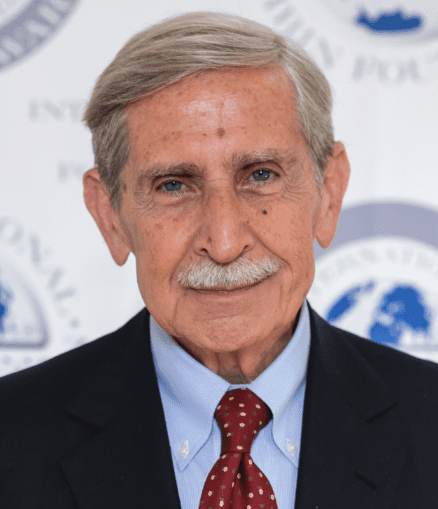Giovanna Liuzzo and Carlo Patrono
Department of Cardiovascular and Pulmonary Sciences, Fondazione Policlinico Gemelli-IRCCS, Catholic University School of Medicine, Largo A. Gemelli 8, 00168, Rome, Italy; and Department of Pharmacology, Fondazione Policlinico Gemelli-IRCCS, Catholic University School of Medicine, Largo F. Vito 1, 00168, Rome, Italy
The results of ‘Comparative Effectiveness of Aspirin Dosing in Cardiovascular Disease’ have been published in the New England Journal of Medicine. doi:10.1056/NEJMoa2102137.
Key Points:
- ADAPTABLE (Aspirin Dosing: A Patient-Centric Trial Assessing Benefits and Long-Term Effectiveness), an open-label, pragmatic, random- ized, controlled trial, funded by the Patient-Centered Outcomes Research Institute, was designed to test the hypothesis that a higher aspirin dose (325 mg daily) would result in a lower risk of death from any cause, hospitalization for myocardial infarction (MI), or hospitalization for stroke (primary effectiveness endpoint) than a lower dose (81 mg daily) among patients with atherosclerotic cardiovascular disease
(ASCVD).1 The primary safety outcome was hospitalization for major bleeding with an associated blood-product transfusion. - Patients with established ASCVD were identified with the use of electronic health record data at each institution; moreover, to streamline procedures and reduce costs, patients were instructed to access a Web portal to give informed consent and be notified of their aspirin reg- imen (which they were asked to purchase themselves); and all trial visits were done virtually or by telephone, with outcomes ascertained remotely and without adjudication. Over 3 years, 15 076 patients (median age, 68 years) were recruited and randomly assigned in a 1:1 ra- tio to take 325 or 81 mg of aspirin daily. About one-third had previous MI, and one-half had previous coronary revascularization proce- dures. The vast majority reported that they had been taking aspirin before enrolling in the trial; of these patients, 85% and 12% reported taking 81 and 325 mg, respectively.
- During a median 26-month follow-up, there were no statistically significant differences between the two aspirin doses, either in the risk of the primary effectiveness endpoint [estimated percentage, 7.28% in the 81-mg group and 7.51% in the 325-mg group; hazard ratio (HR), 1.02; 95% confidence interval (CI), 0.91–1.14] or in the risk of hospitalization for major bleeding (estimated percentage, 0.63% in the 81-mg group and 0.60% in the 325-mg group; HR, 1.18; 95% CI, 0.79–1.77). Interestingly, all-cause death occurred in 315 patients (estimate at me- dian follow-up, 3.8%) in the 81-mg group and 357 patients (estimate at median follow-up, 4.4%) in the 325-mg group (HR, 0.87; 95% CI, 0.75–1.01), with time-to-event curves progressively diverging after 6 months. No heterogeneity in treatment effect was apparent among 8 prespecified sub-groups. However, aspirin discontinuation was reported by 7% of the patients assigned to the 81-mg group and 11% of those assigned to the 325-mg group, and dose switching was reported by 7% in the 81-mg group and 42% in the 325-mg group.
Comment:
While a streamlined design with greatly reduced costs is a welcome in- novation for a large, independent randomized clinical trial in the USA, lack of a pilot feasibility study and/or a pre-randomization run-in period to test tolerability of the study medications is a major weakness of the ADAPTABLE trial,1 as pointed out by Colin Baigent in the accompany- ing Editorial.2 Although asymmetrical dose switching may have biased the results toward the null, lack of a pharmacologically plausible hypothesis to justify the expected superiority of 325 vs. 81 mg of as- pirin makes the apparent equipoise between the two largely unsur- prising. In fact, previous indirect3 as well as direct4 dose comparisons failed to show superiority of a higher dose vs. a lower dose of aspirin, consistently with saturability of platelet thrombox- ane inhibition at low doses.5 The ADAPTABLE results are in line with previous knowledge about dose requirements for a full antith- rombotic effect of aspirin,6 and coherent with lack of evidence for a non-platelet mediated mechanism of action (e.g., anti-inflammatory) contributing to clinical efficacy.
Interestingly, in a post hoc subgroup analysis of ADAPTABLE based on body weight <70 or >70 kg, heavier patients had almost identical rates of events (7.1%) of the primary outcome in both dose groups.1 Previously, low doses of aspirin (75–100 mg daily) were reported as being effective in preventing vascular events only in patients weighing <70 kg, with no apparent benefit in the 80% of men and nearly 50% of all women weighing 70 kg or more.
The fact that the vast majority of the enrolled patients previously taking aspirin were taking 81 mg daily before randomization and that both aspirin discontinuation and dose switching were reported more frequently in the 325-mg group than in the 81-mg group during follow- up may well have reflected several time-related changes in patients’ and doctors’ attitudes and perceptions but is also consistent with supe- rior tolerability (particularly, gastrointestinal [GI]) of the lower dose vs. the higher dose.4 The apparent lack of a difference in the primary safety outcome of hospitalization for major bleeding should be viewed within the context of the wide statistical uncertainty surrounding the point estimate of the hazard ratio, reflecting <100 such events having been reported during the 26-month follow-up.1 In the CURRENT- OASIS 7 trial of 25 086 patients with acute coronary syndromes, there was a statistically significant increase in the incidence of major GI bleeding among patients who received higher-dose aspirin (0.4%), as compared with those who received lower-dose aspirin (0.2%;P ¼ 0.04).
We conclude that any remaining uncertainty regarding the optimal dose of aspirin for the prevention and treatment of ASCVD, that prompted the CURRENT-OASIS 74 and ADAPTABLE1 investigators to randomize over 40,000 patients with acute and chronic coronary syndromes to a lower or higher dose, should now yield to a large body of evidence1,3,4 demonstrating saturability of the antithrombotic effect of aspirin at low doses, consistent with saturability of its molecular mechanism of action and clinical pharmacology of platelet thrombox- ane inhibition.5
Conflict of interest: G.L. received grant support (to the Institution) for investigator-initiated research from American Heart Association, Italian National Health Service and Italian Minister of Education, University and Research. She is currently involved in the Research Programs of the Italian Cardiovascular Network. C.P. received consul- tant and speaker fees from Acticor Biotech, Amgen, Bayer, Eli Lilly, GlaxoSmithKline, Tremeau, and Zambon and grant support (to the Institution) for investigator-initiated research from AIFA (Italian Drug Agency), Bayer, Cancer Research UK, and European Commission; he chairs the Scientific Advisory Board of the International Aspirin Foundation.
References:
- Jones WS, Mulder H, Wruck LM, Pencina MJ, Kripalani S, Mu~noz D, Crenshaw DL, Effron MB, Re RN, Gupta K, Anderson RD, Pepine CJ, Handberg EM, Manning BR, Jain SK, Girotra S, Riley D, DeWalt DA, Whittle J, Goldberg YH, Roger VL, Hess R, Benziger CP, Farrehi P, Zhou L, Ford DE, Haynes K, VanWormer JJ, Knowlton KU, Kraschnewski JL, Polonsky TS, Fintel DJ, Ahmad FS, McClay JC, Campbell JR, Bell DS, Fonarow GC, Bradley SM, Paranjape A, Roe MT, Robertson HR, Curtis LH, Sharlow AG, Berdan LG, Hammill BG, Harris DF, Qualls LG, Marquis-Gravel G, Modrow MF, Marcus GM, Carton TW, Nauman E, Waitman LR, Kho AM, Shenkman EA, McTigue KM, Kaushal R, Masoudi FA, Antman EM, Davidson DR, Edgley K, Merritt JG, Brown LS, Zemon DN, McCormick TE, 3rd, Alikhaani JD, Gregoire KC, Rothman RL, Harrington RA, Hernandez AF; ADAPTABLE Team. Comparative effectiveness of aspirin dosing in cardiovascular disease. N Engl J Med 2021;384:1981–1990.
- Baigent C. Pragmatic trials—need for ADAPTABLE design. N Engl J Med 2021;384:2065–2066.
- Antithrombotic Trialists’ Collaboration. Collaborative meta-analysis of randomised trials of antiplatelet therapy for prevention of death, myocardial infarction, and stroke in high risk patients. BMJ 2002;324:71–86.
- Mehta SR, Bassand JP, Chrolavicius S, Diaz R, Eikelboom JW, Fox KA, Granger CB, Jolly S, Joyner CD, Rupprecht HJ, Widimsky P, Afzal R, Pogue J, Yusuf S; CURRENT-OASIS 7 Investigators. Dose comparisons of clopidogrel and aspirin in acute coronary syndromes. N Engl J Med 2010;363:930–942.
- Patrignani P, Filabozzi P, Patrono C. Selective cumulative inhibition of platelet thromboxane production by low-dose aspirin in healthy subjects. J Clin Invest 1982;69:1366–1372.
- Patrono C, Garc´ıa Rodr´ıguez LA, Landolfi R, Baigent C. Low-dose aspirin for the prevention of atherothrombosis. N Engl J Med 2005;353:2373–2383.
- Patrono C, Morais J, Baigent C, Collet JP, Fitzgerald D, Halvorsen S, Rocca B, Siegbahn A, Storey RF, Vilahur G. Antiplatelet agents for the treatment and prevention of coronary atherothrombosis. J Am Coll Cardiol 2017;70:1760–1776.
- Rothwell PM, Cook NR, Gaziano JM, Price JF, Belch JFF, Roncaglioni MC, Morimoto T, Mehta Z. Effects of aspirin on risks of vascular events and cancer according to bodyweight and dose: analysis of individual patient data from randomised trials. Lancet 2018;392:387–399.

